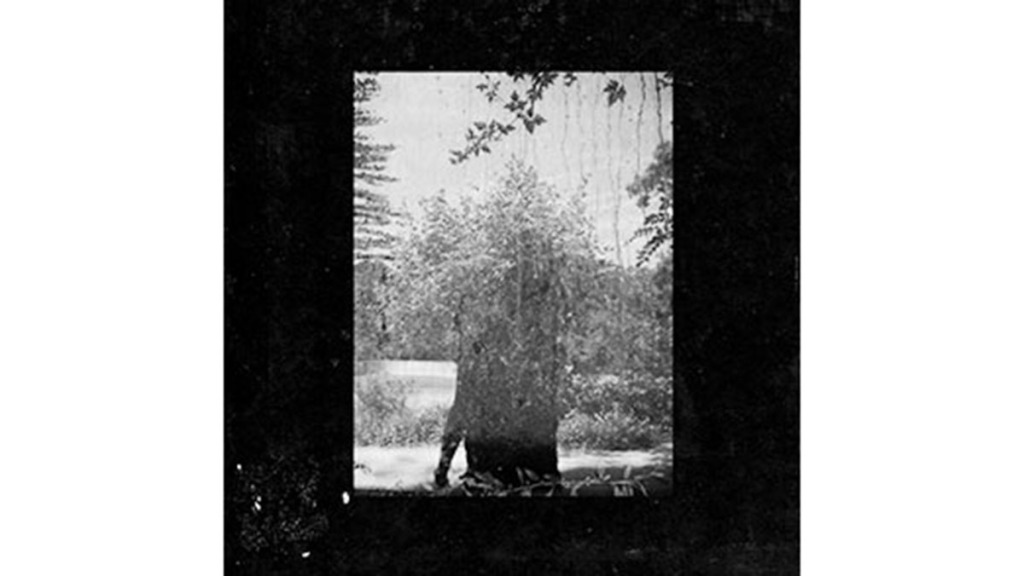As “Ruins” begins, a sole, simple drumbeat slowly leads the listener into a somber, piano-driven ballad. Liz Harris’ vocals feel distant and delicate, like wisps of air that float through the track. Her voice is melancholy, yet light and almost ghostly, obscuring the lyrics.
Harris, under the moniker Grouper, produces extremely subtle but hauntingly beautiful music in her latest album. The tracks are skeletal, and Harris’ voice sounds like it could fade away at any moment. There is a sense of transience: Everything grows and decays in a very natural way, embodied in the croaks of frogs in the tracks “Lighthouse” and “Made of Metal.”
Piano and hushed vocals make up a majority of the album, in addition to added ambient sounds that accompany the music nicely. These creative sonic additions include cicadas, frogs and, in the song “Labyrinth,” microwave beeps. These ultimately create a somewhat rustic and lonely atmosphere, allowing the listener an introspective moment to reflect on his or her own life.
Most of “Ruins’” tracks blend together seamlessly and, to the passive listener, they may all, on a surface-level, sound the same. This is the nature of Harris’ type of ambient music, and it is the details and small intricacies of each track that make this album find its power. The tracks have similar themes, but the inclusion of subtle effects in the background differentiates them effectively. There is a lifelike quality to the sound, and it evolves and changes slowly throughout.
The emotion present is intimate, which makes “Ruins” something to be experienced in solitude. The gentle, yet troubled ambient instrumentals wash over the listener and are felt as much as they are heard. It is an experience for a certain time and place, rather than music to be listened to all the time, but it is masterful in its conjuring of a solitary setting and sense of barrenness.
“Ruins” is a tightly crafted package and shows the beauty of detail. There seems to be both solemnity and life hidden in each track’s intricacies, and Harris does an expert job of capturing and expressing these ideas. Thanks to this, “Ruins” has staying power and will likely stick with the listener long after the album has ended.




















